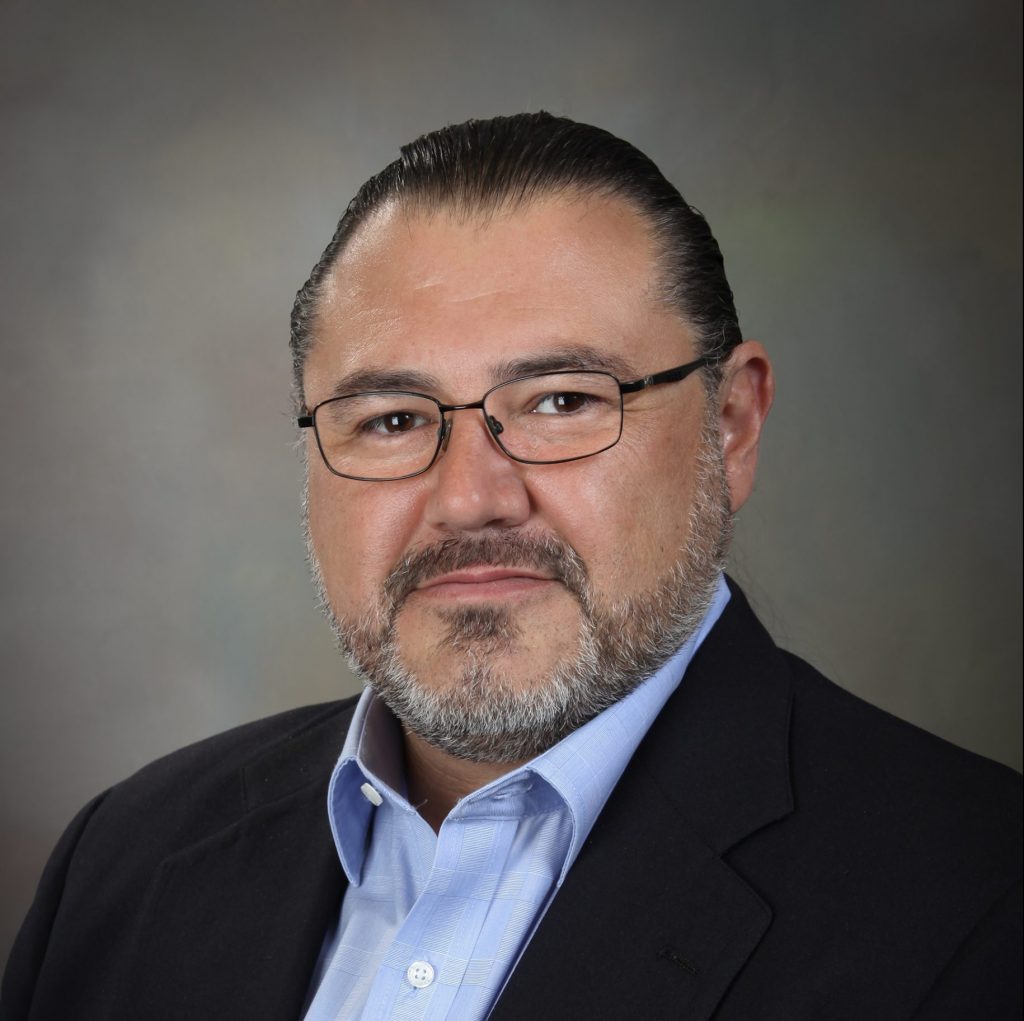Miguel D. Leyba joined Sandia National Laboratories in 2020, as a Senior R&D Electrical Engineer. He has been a Senior Member of Technical Staff at Sandia since 2023, as part of the National Solar Thermal Test Facility team, which is an extension of the Concentrating Solar Technologies department. In this role, he is developing concepts to support production of solar thermal fuels. In addition, he supports the data collection and control system design for a demonstration of the Gen 3 Particle Pilot Plant (G3P3) using LabVIEW.
Miguel is a graduate of the University of New Mexico (UNM) where he received both his bachelor and master degrees in electrical engineering. While at UNM, he was a member of the planning committee for a University of New Mexico/Arizona State University collaboration on a National Science Foundation-funded Solar Decathlon and acted as the vice president of the UNM chapter of the Institute of Electrical and Electronics Engineers (IEEE).
Prior to joining the Concentrating Solar Technologies department, Miguel was a team member in Sandia’s Purchased Product Value Stream department where he was responsible for onboarding new vendors to support the mission, and for the acceptance of high-reliability electrical components for various national security programs. While on this team, Miguel was awarded numerous specialist certifications, including that of Lean Six Sigma Green Belt.
Prior to coming to Sandia, he worked at Bayotech, Inc., where he was instrumental in helping the company’s founding team develop a high-efficiency Steam Methane Reforming reactor that used a Sandia-patented Bayonet reactor design. Miguel was responsible for developing the control and data acquisition systems for the reactor and translation of those systems into industry standards for simple interface with existing factories.
Miguel takes great pride in the work he did while at Bayotech and hopes to continue the work to support the hydrogen economy by finding ways to reduce or eliminate CO2 output in industrial hydrogen production.
Bachelor of Science, Electrical Engineering, University of New Mexico
Master of Science, Electrical Engineering, University of New Mexico

